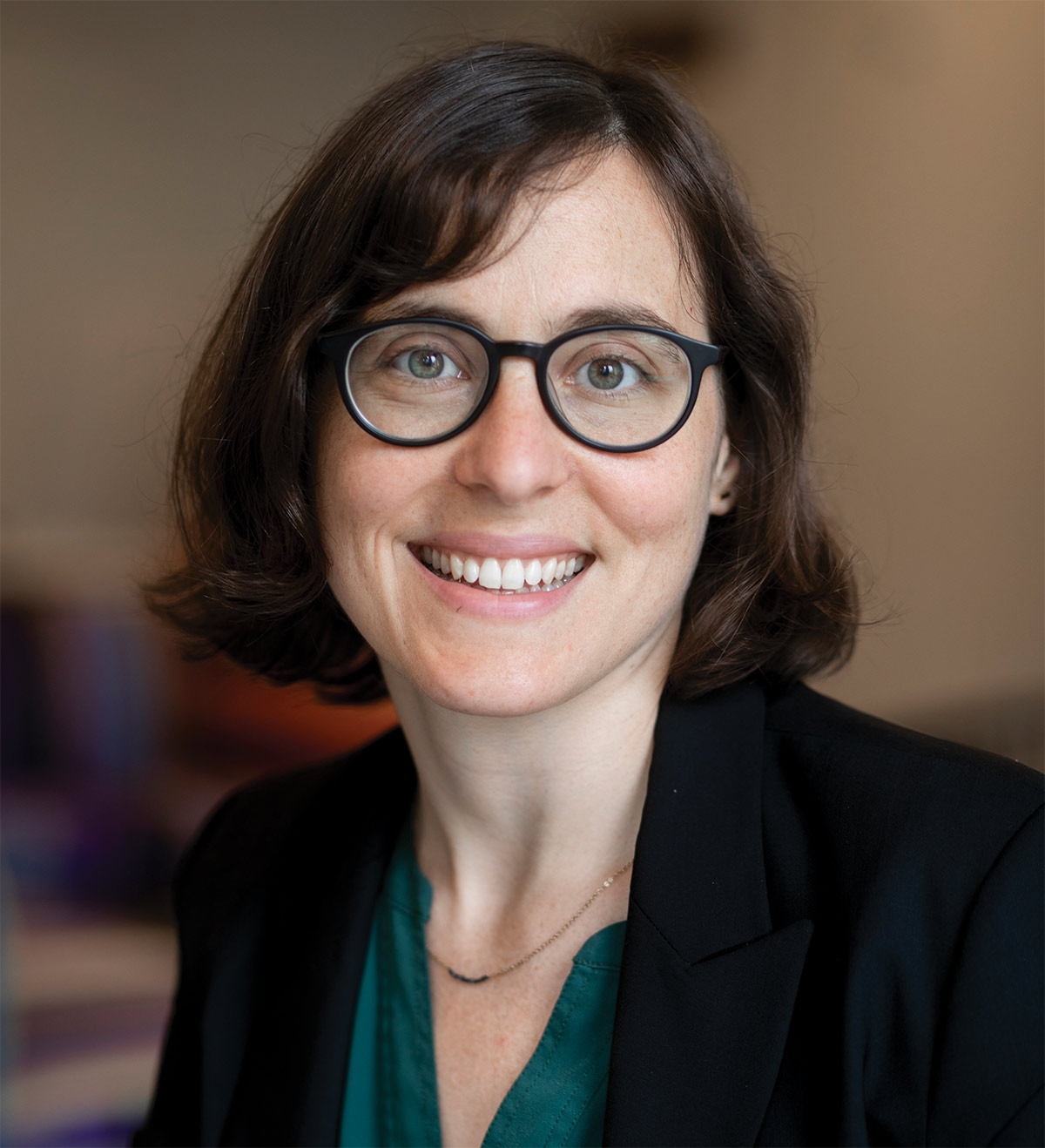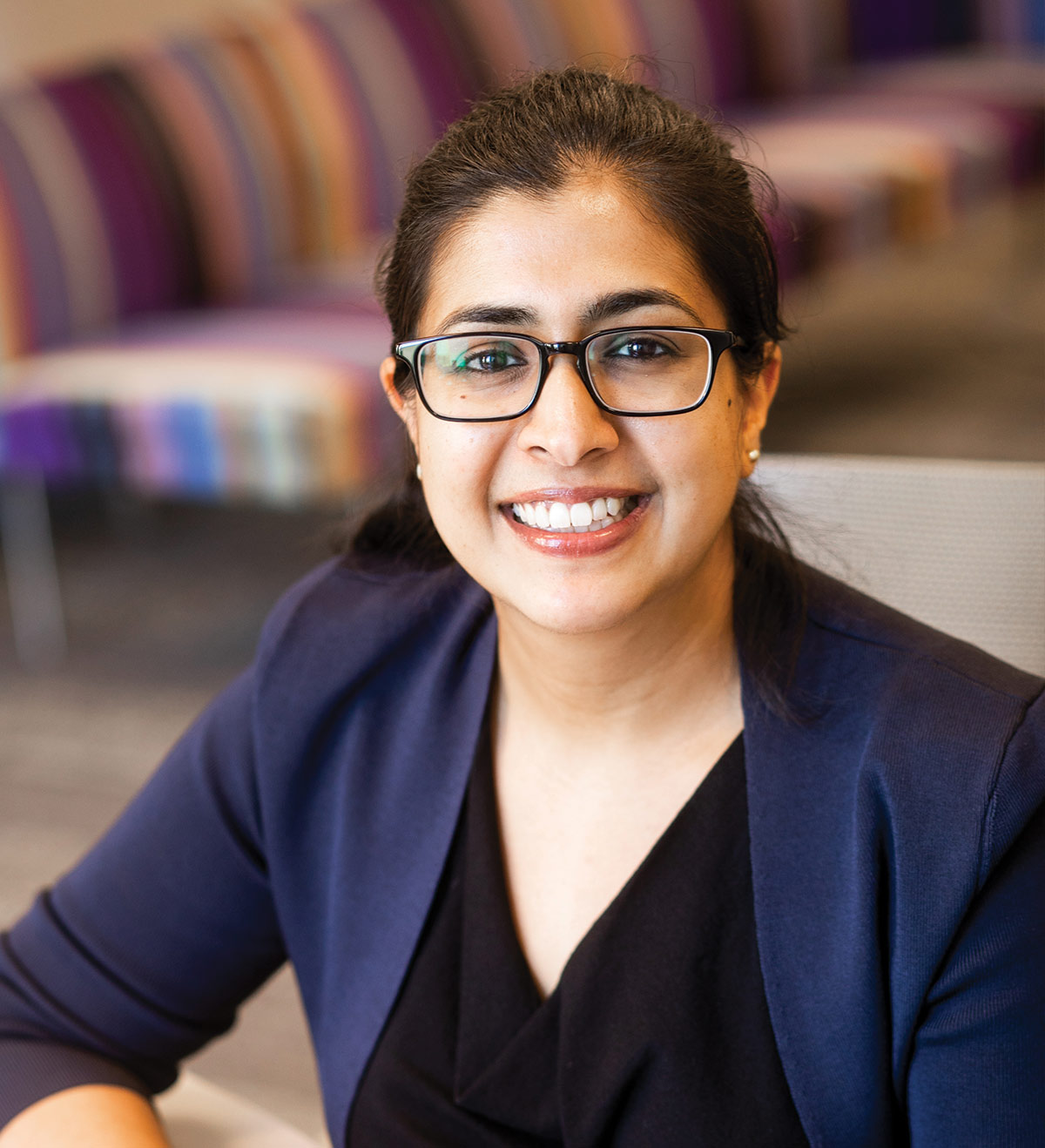Taft Foundation Elevates Grant to $1.7M as Disability and Civil Rights Clinic Expands Reach


Led by co-directors Professors of Clinical Law Sarah Lorr and Prianka Nair, the clinic focuses its advocacy on clients who are placed under or are at risk of being placed under guardianship, parents who are enmeshed in the child welfare system, and incarcerated people.
The clinic’s efforts came to fruition over the summer. Lorr, along with Jane Dowling ’22 and Lydia Saltzbart ’22, helped research and draft the New York City Bar Association Mental Health Law Committee’s brief supporting a New York State bill to give adults with I/DD the right to legally enforceable “supported decision making” with the assistance of a chosen circle of support. Introduced by the Office of People with Developmental Disabilities, the bill passed the state Senate in April, and Gov. Kathy Hochul signed it into law July 26.
“The new law is significant because it requires that every adult is presumed ‘to have the capacity to enter into a supported decision-making agreement,’ unless they already have a legal guardian,” Lorr said. “This gives individuals with I/DD and their families a strong, legally sound alternative to guardianship.”
Launched in 2014, the clinic functions as a pro bono law firm, and is the brainchild of Brooklyn Law School and The Taft Foundation’s president and chair Howard Rothman ’71. Clinic students undertake legal representation of clients, learning about disability rights and related issues, while also using lawyering skills to promote clients’ civil rights.
Nina Bershadker, executive director of the Taft Foundation, appreciates the clinic’s two-pronged approach. “Many of the students have gone on to pursue public interest careers, and some have even committed themselves to advancing disability rights beyond their student experience,” Bershadker said.
Commending Associate Dean of Experiential Education and Professor of Law Stacy Caplow’s “extraordinary leadership,” Bershadker lent enthusiastic support to Nair and Lorr’s plans for the clinic. In addition to the annual roundtable, they plan to organize a symposium on disability rights, as they expand the clinic’s reach beyond New York. The pandemic helped accomplish the latter by giving the clinic virtual access to hearings in other states.
This semester, the clinic is appearing in two cases in Tennessee. In one case, the state removed the client’s wife from her home against her will, placed her in a group home, and sought to annul their marriage, based on claims of incapacity due to her intellectual disability. Lorr is working with co-counsel Martie Lafferty of Lafferty Law Firm, Inc. and students Nicole Pagan ’23 and Kathryn Hennessey ’24 on the case.
The clinic filed a successful motion to dismiss the annulment claims on behalf of the husband, who is also intellectually disabled.
“The need for this kind of representation goes far beyond the states of New York and Tennessee, and we are excited to be able to provide this kind of strong representation to our clients wherever they may be,” Lorr said.